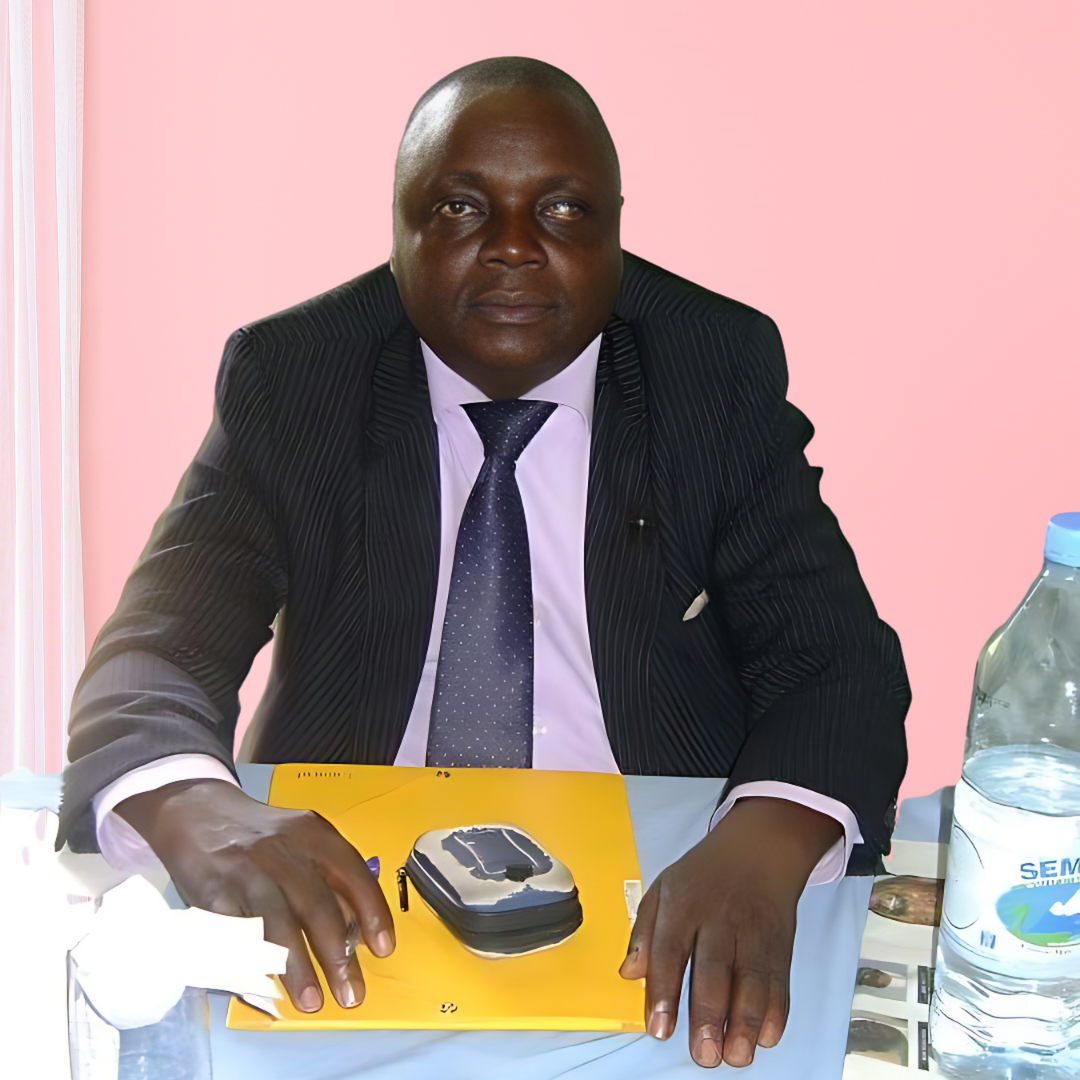The November parliament session commenced with a strong focus on economic growth. Honourable Cavaye Yeguié Djibril, Speaker of the National Assembly, emphasized the importance of approving the 2025 State Budget, aligning it with the President’s vision for stability and public trust as the country approaches the 2025 presidential election.
Key points of the session include promoting economic self-sufficiency through the National Development Strategy (NDS), celebrating advancements in import substitution and industrial growth, and highlighting the success of the cocoa sector. Cavaye praised Minister of Commerce Luc Magloire Mbarga Atangana for his election as President of the International Cocoa Council, calling it a diplomatic victory.
The session also spotlighted energy and infrastructure development, particularly the Nachtigal Dam project, which aims to connect power grids from the north to the south and eliminate energy shortages. Additionally, there was a call for increased funding access for small and medium-sized enterprises (SMEs) and addressing climate change and disaster preparedness.
The November parliament session is a critical time for lawmakers to discuss and implement policies that will drive economic growth and development in Cameroon. The focus on economic self-sufficiency is particularly important as the country seeks to reduce its dependence on imports and boost local production. This aligns with the broader goals of the National Development Strategy, which aims to transform Cameroon into an emerging economy by 2035.
One of the key highlights of the session is the emphasis on the cocoa sector, which is a significant contributor to Cameroon’s economy. The election of Minister of Commerce Luc Magloire Mbarga Atangana as President of the International Cocoa Council is seen as a major achievement for the country. It reflects Cameroon’s growing influence in the global cocoa market and its commitment to promoting sustainable cocoa production.
Energy and infrastructure development are also high on the agenda, with the Nachtigal Dam project being a focal point. This project is expected to significantly improve the country’s energy supply, addressing the long-standing issue of power shortages. By connecting power grids from the north to the south, the project aims to ensure a more reliable and efficient energy distribution system.
In addition to these key areas, the session also addresses the need for increased funding access for SMEs. Small and medium-sized enterprises play a crucial role in driving economic growth and job creation in Cameroon. By improving access to funding, the government aims to support the growth and development of these businesses, which in turn will contribute to the overall economic prosperity of the country.
Climate change and disaster preparedness are also important topics of discussion. Like many other countries, Cameroon faces climate change’s impacts, including extreme weather events and environmental degradation. The parliament session provides an opportunity for lawmakers to discuss and implement policies that will enhance the country’s resilience to climate change and improve disaster preparedness.
Overall, the November parliament session is a crucial time for Cameroon to address key economic and development challenges. By focusing on areas such as economic self-sufficiency, energy and infrastructure development, and support for SMEs, the government aims to drive sustainable growth and improve the quality of life for its citizens.






